Eli / They/Them / Queer AF / 25 / Currently in South America
Don't wanna be here? Send us removal request.
Text
does an evil little "hee hee hee!" at the grocery store that makes you want to leave the cheese aisle
61K notes
·
View notes
Text
hey shout the fuck out to. dragons. people dont talk enough about dragons on this site. theyre sick as fuck and they do so much for everyone aged 4-84 w undiagnosed autism. be grateful
53K notes
·
View notes
Text


Mescalero Apache Reservation, on film, 2021
where the desert, prairies, and mountains meet 🌾
647 notes
·
View notes
Photo

transparent pressed flowers for your blog
41K notes
·
View notes
Text
why does every social interaction with someone new feel like taking a test i didn’t study for
327K notes
·
View notes
Photo


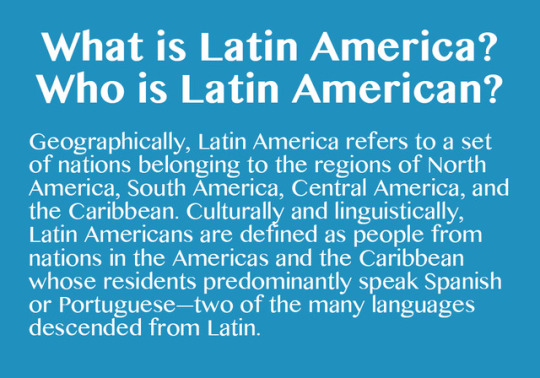

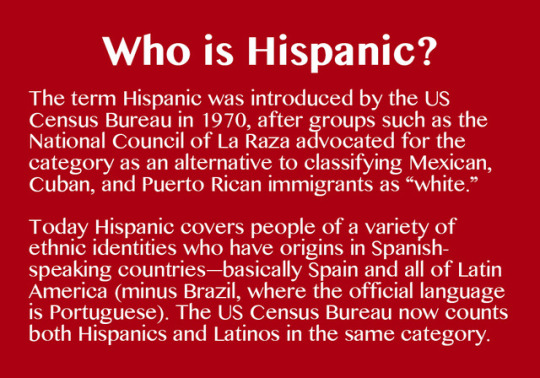
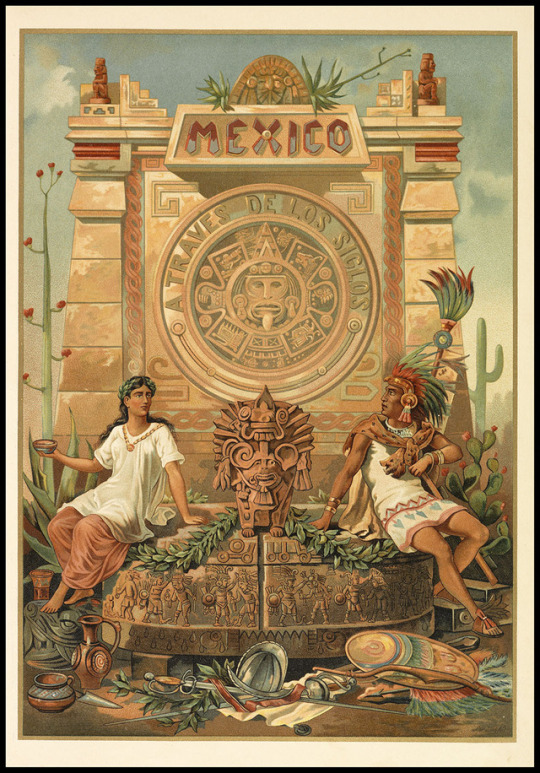
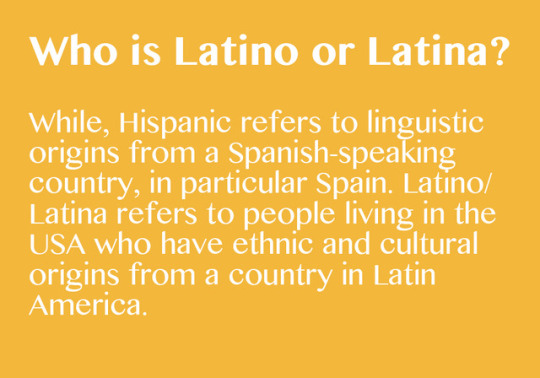
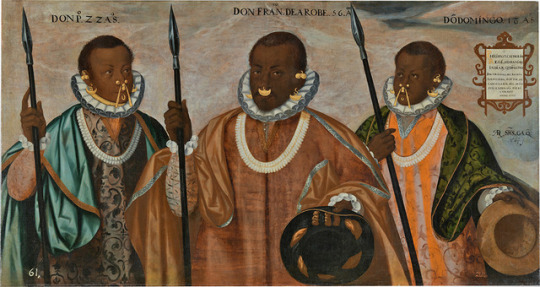

Latin American Identity Terms Explained
What is Latin America? Who is Latin American?
Geographically, Latin America refers to a set of nations belonging to the regions of North America, South America, Central America, and the Caribbean. Culturally and linguistically, Latin Americans are defined as people from nations in the Americas and the Caribbean whose residents predominantly speak Spanish or Portuguese—two of the many languages descended from Latin.
Who is Hispanic?
The term Hispanic was introduced by the US Census Bureau in 1970, after groups such as the National Council of La Raza advocated for the category as an alternative to classifying Mexican, Cuban, and Puerto Rican immigrants as “white.”
Today Hispanic covers people of a variety of ethnic identities who have origins in Spanish-speaking countries—basically Spain and all of Latin America (minus Brazil, where the official language is Portuguese). The US Census Bureau now counts both Hispanics and Latinos in the same category.
Who is Latino or Latina?
While, Hispanic refers to linguistic origins from a Spanish-speaking country, in particular Spain. Latino/Latina refers to people living in the USA who have ethnic and cultural origins from a country in Latin America.
And what about Latinx?
Spanish, among many other Latin languages, assign genders to nearly everything, including inanimate objects. Masculine words are considered gender neutral, and if one male-identified individual enters a group, the group suddenly becomes referred to by a masculine word. This is problematic for a number of reasons, most glaringly is that masculine words should not be considered gender neutral. The term Latinx is a response to these language constraints, and it provides an option to express gender identity that exist outside the constraints of the binary.
For more on this topic including the Chicanx movement and African and East Asian diaspora in Latin America read a full blog post here.
Pacific Standard Time: LA/LA is an exploration of Latin American and Latino art in dialogue with Los Angeles. Led by the Getty, Pacific Standard Time: LA/LA is the latest collaborative effort from arts institutions across Southern California.
1K notes
·
View notes
Text
redd animal crossing doesnt even know if the art hes selling you is fake he literally just gets it from god knows where and is like “this looks sick” and then puts it on his boat
176K notes
·
View notes
Text
cats have to be very small but they are allowed to do as many crimes as they want. that's the deal they made with god
107K notes
·
View notes




















